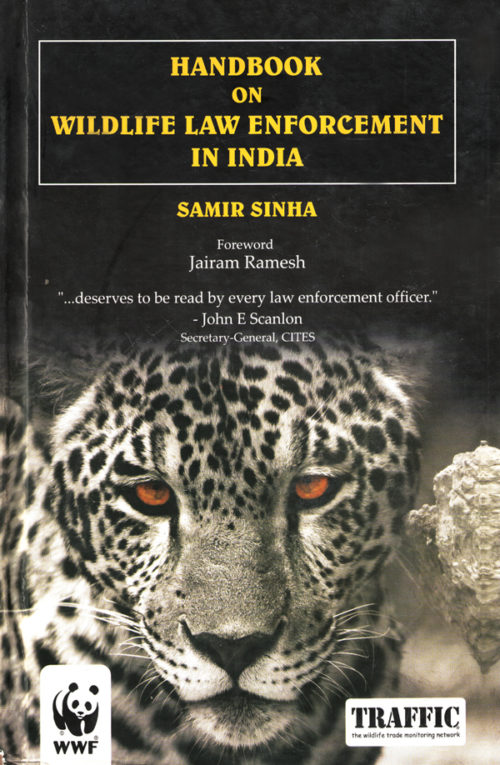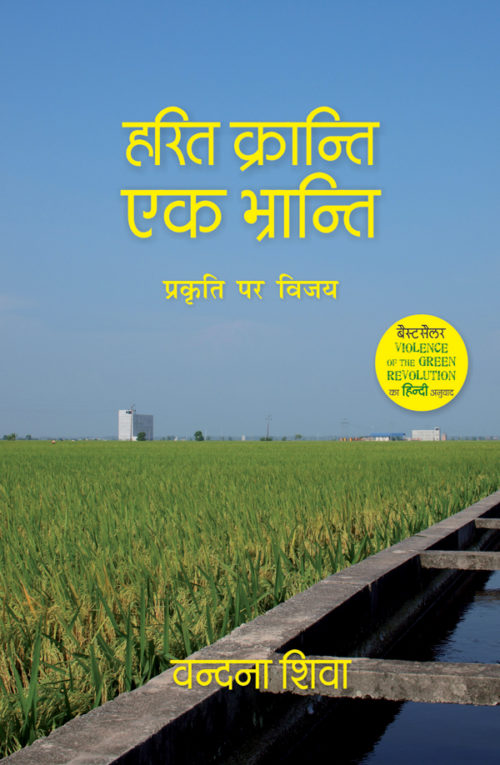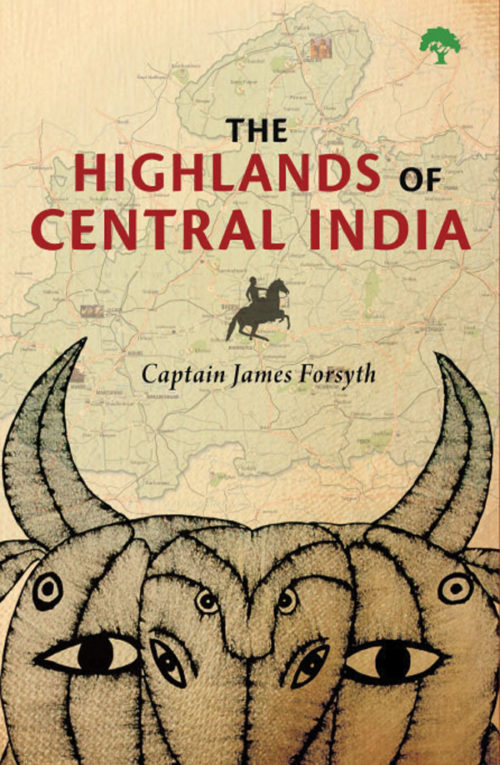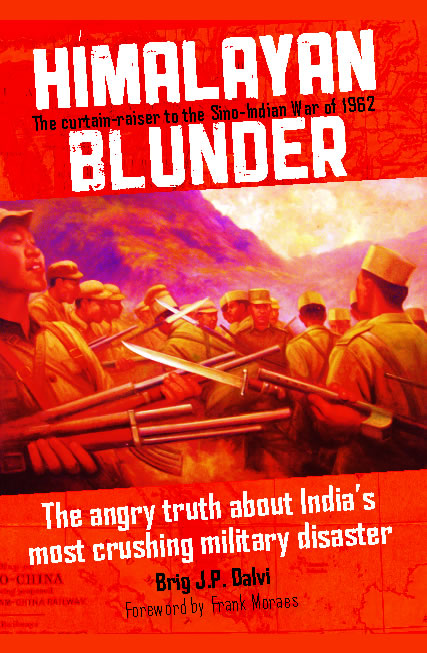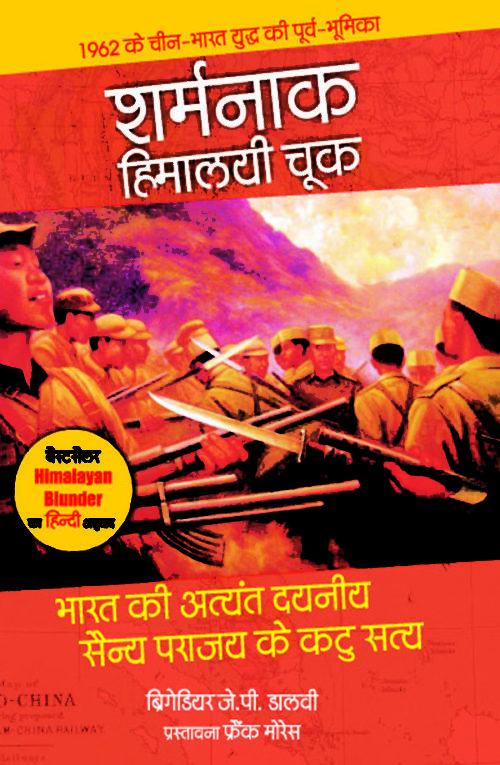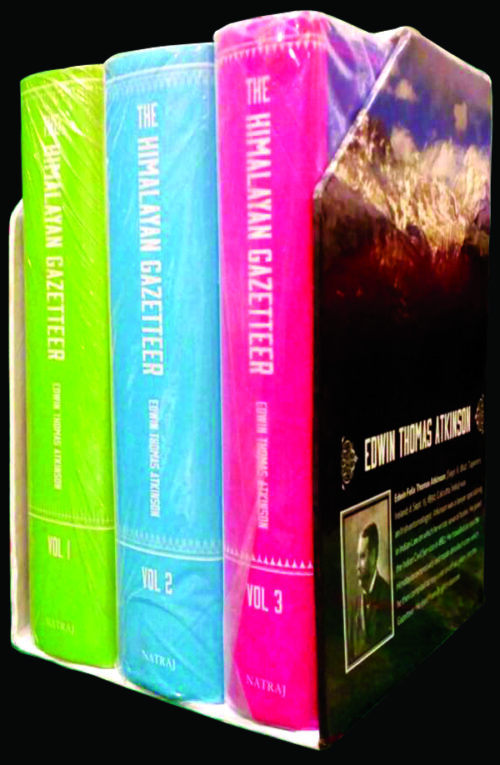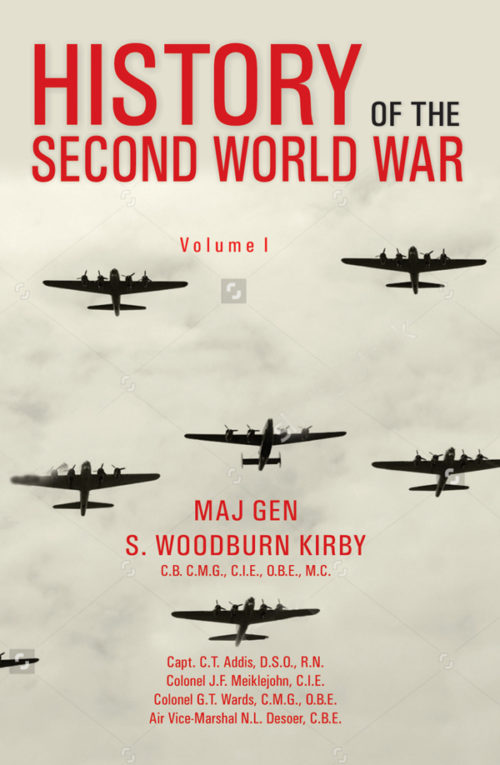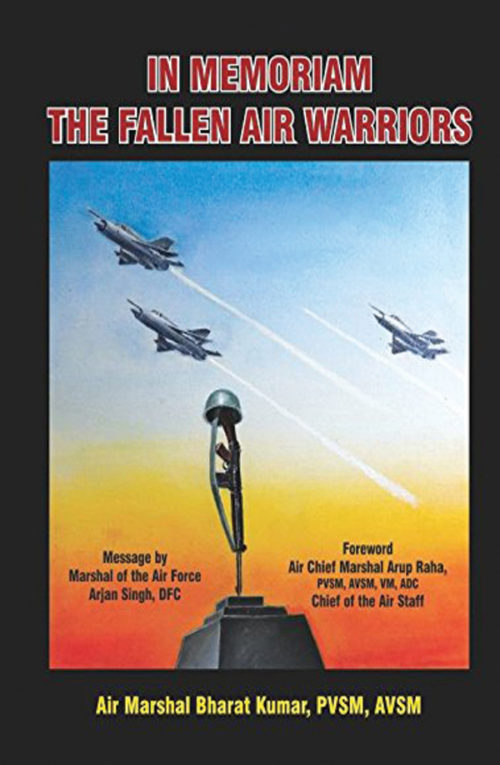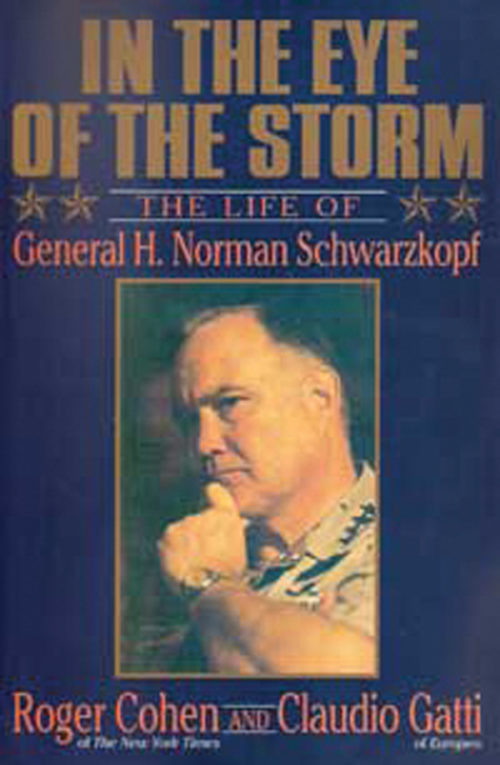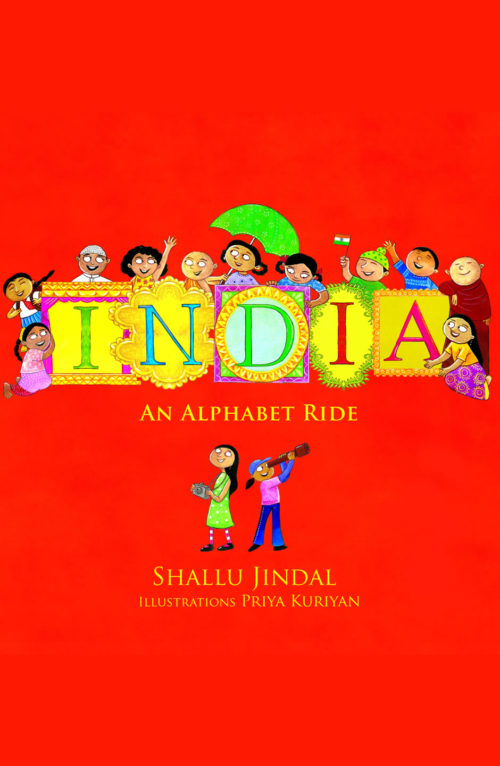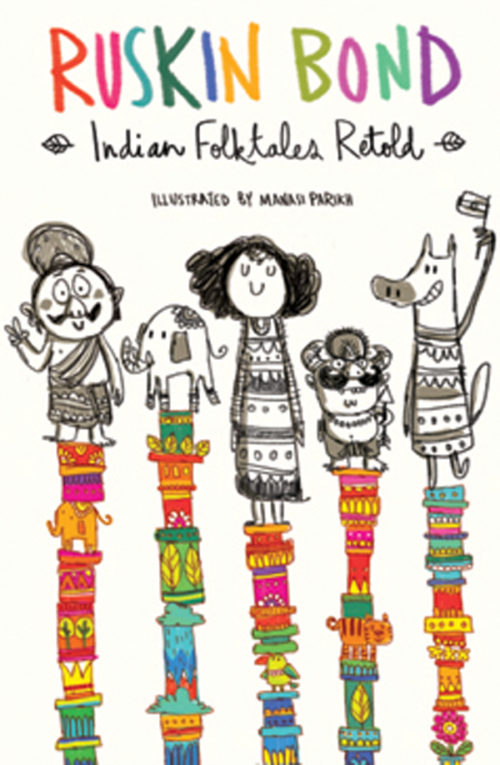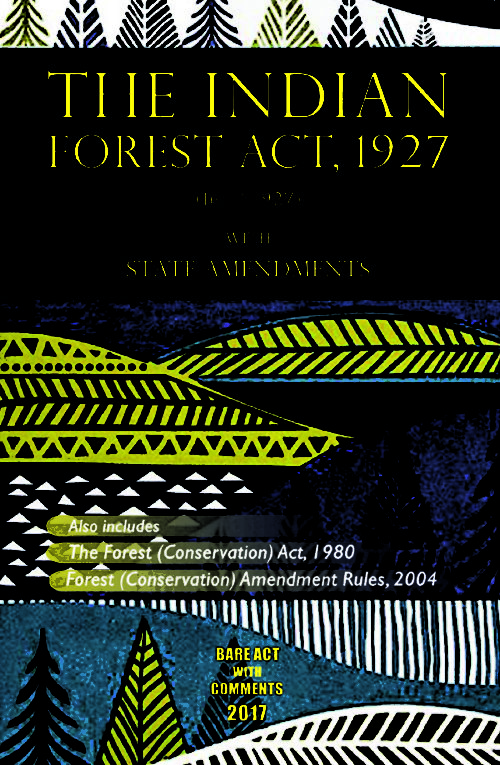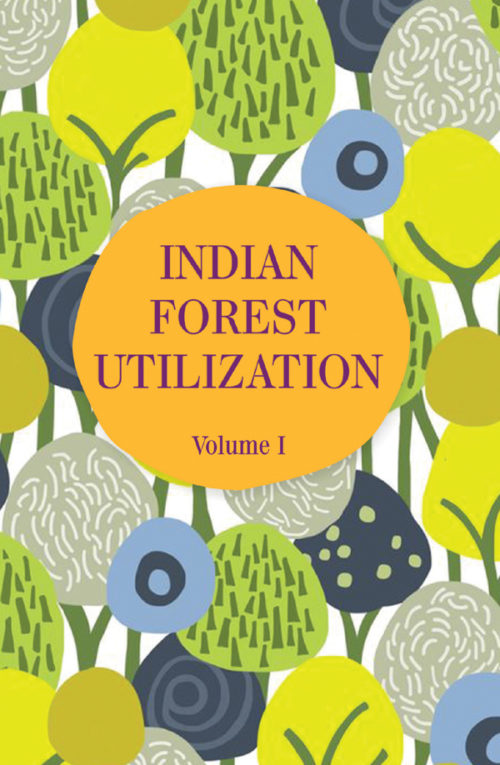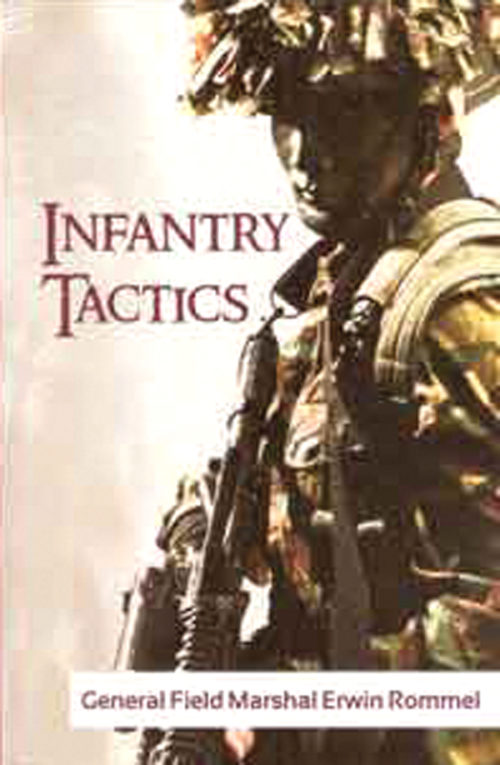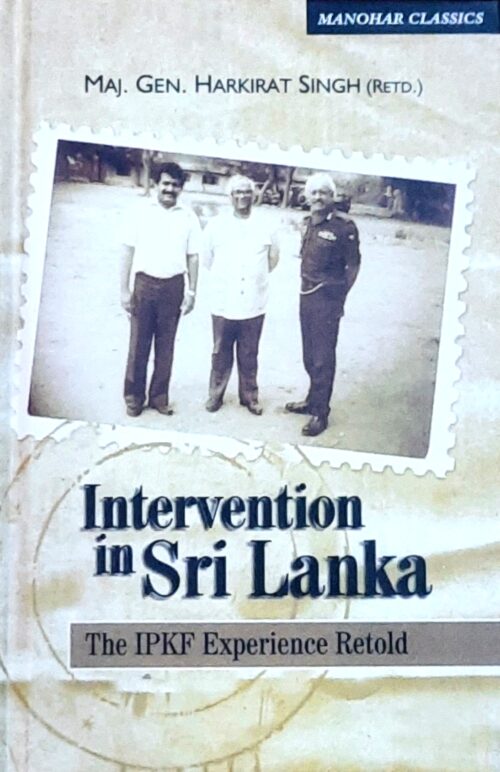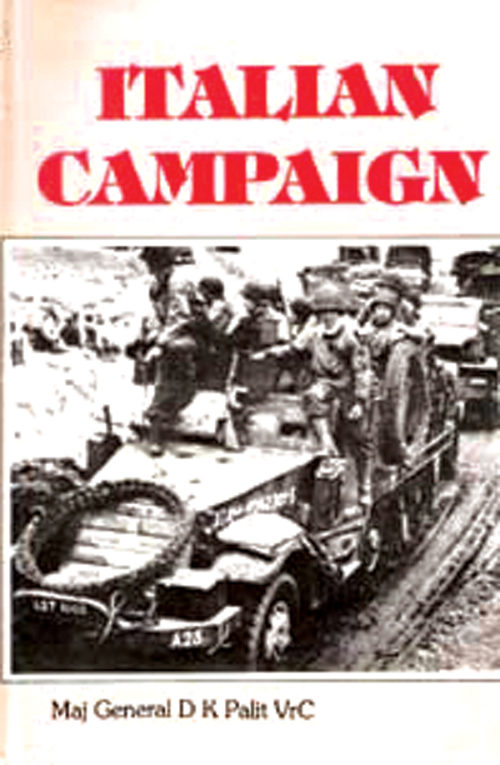| This book explains the RTI Act to Public Information Officers as to how they should perform their duties under the Act. |
-
-
"Mangroves are specialised trees that grow in the interface between ocean and the land. They form the skin along the coastline that protects the coastal areas from erosion, hurricanes, cyclones and many other natural calamities that arise from the sea. Globally, mangroves comprise only 80 different species that grow in saline habitats. Apart from protecting coast line, from erosion, hurricanes, cyclones mangroves offer enormous tangible and intangible services to human kind by providing livelihoods in the form of fishing and tourism for local communities, sequestration of carbon in mangrove sediments, balancing the food chain etc. Despite of all these they face challenges for survival due to various threats that arise due to increasing urbanisation. Among the current threats to mangrove ecosystems are cyclones, storms and floods as natural threats and anthropological interference such as encroachments for dwelling, aquaculture and other livelihood purposes. Mangroves exhibit a variety of adaptations viz. morphology, anatomy, physiology, seed and seedlings development and succession mechanisms. Maharashtra comprises about seventeen species of true mangroves and few associates, widely distributed throughout the coastal districts. Mangroves in Maharashtra are protected under forest laws, despite this sometimes they are destroyed and illegally transported to various locations. At present, many publications are available on the ecology, morphology and taxonomy of mangroves, but the information on wood anatomy is very scarce. Thus a need was felt to generate the data which will help the decision makers in analysing the illegally cut wood source. This will also be crucial in conservation of mangroves. Therefore, a research project was undertaken by Institute of Wood Science and Technology (IWST), Bangalore to study the wood anatomy of seventeen mangrove species grown along the coastline of Maharashtra. The data so obtained from the study is compiled along with morphological features of each species and is being published in the form of this book and will be highly beneficial tool in understanding and identifying the source of wood that belongs to mangrove species. The present contribution will help to identify a mangrove species both in the field and laboratory based on morphology and wood anatomy. "
-
This book provides a colour guide on how to enforce our wildlife laws in the field. It provides a colour photographic format to catch poachers, as it describes their working style and methods. -
What most hailed as a superb revolution- Vandana Shiva seems most cynical about – India’s Green Revolution. This book argues for diveristy rather than monogamous agriculture as the answer for sustainable progress. -
What most hailed as a superb revolution- Vandana Shiva seems most cynical about – India’s Green Revolution. This book argues for diveristy rather than monogamous agriculture as the answer for sustainable progress.
-
Written by an offcial of the British Raj, this an enjoyable accont of the jungles of Central India. -
Written by an offcial of the British Raj, this an enjoyable accont of the jungles of Central India.
-
"Himalayan Blunder: The Angry Truth About India’s Most Crushing Military Disaster" is Brigadier J. P. Dalvi’s retelling of the Sino-Indian war that took place in 1962 - a war that India lost. Dalvi fought the war as the Commander of the 7th Infantry Brigade in NEFA (North-East Frontier Agency). His account of the war is graphic and telling. He was captured by the Chinese forces and held for seven months. As a participant of the war, he was privy to all that went on at the battlefield as well as behind the scenes. Based on his firsthand experiences, he recounts the events that occurred between September 8, 1962 and October 20, 1962. As early as 1951, China silently and steadily began to work its way onto Indian soil. Even in the face of indisputable evidence, India insisted on maintaining cordial relations with the Chinese. China seemed only too happy to play along. Dalvi narrates the manner in which India’s own political leadership traitorously worked against its cause. In no uncertain terms, he holds three men responsible for India’s defeat - Jawaharlal Nehru, Krishna Menon, and General Brij Mohan Kaul. Issuing orders from Delhi, they seemed to be clueless about the situation on the battlefield. Undoubtedly, when they were rushed into battle, the Indian soldiers - underfed, ill-equipped, and unprepared as they were - never stood a chance against the powerful Chinese army. Regardless of that, the soldiers fought bravely and laid down their lives for their homeland. Dalvi claims that the apathy and the sheer ineptitude of those at the helm of India’s political affairs sacrificed hundreds of valuable lives. Brigadier Dalvi’s detailed narrative of the massacre of the Indian soldiers, a horror that he witnessed firsthand, is heart-rending. The book was published in 1969. Among all the books based on the subject of the 1962 Sino-Indian war, this book is considered to be one the most striking and authentic versions. Due to its sensitive subject matter and its portrayal of India’s leaders in a harshly negative light, the book was banned by the Indian Government upon its release. Brigadier John Parashuram Dalvi was an Indian Army officer. During the Sino-Indian War of 1962, he was the commander of the Indian 7th Brigade, which was destroyed, leading Dalvi to be captured by the People's Liberation Army on 22 October 1962. Dalvi was commissioned into the Baluch Regiment. To the end of World War II he served with the regiment's 5th Battalion. He took part in Field Marshal Sir William Slim's pursuit of Japanese Army. From October 1944 to March 1945 he saw fighting with 19th Indian Division notably at the Crossing of the Irrawaddy. For his services he was mentioned in despatches for gallant and distinguished service. In 1945 he was selected to join the staff of General Sir Montagu Stopford, GOC XXXIII Corps and later GOC-in-C of 12th Army Burma In 1947 he was posted as instructor to Indian Military Academy, Dehradun. He was then moved to 5 Gorkha Rifles as 2nd in command. In 1949 Dalvi was attached with Brigade of the Guards. In 1950, he was selected for Staff College, which he graduated in 1951. He then commanded the 4th Battalion, Brigade of the Guards and later 2nd Guards. In October 1960 he was given an accelerated promotion to be appointed as Brigadier Administration to XV Corps. In January 1962, he was given the Command on 7th Infantry Brigade in NEFA and fought in the Sino-Indian War. He was taken Prisoner of War on 22 October 1962 and was repatriated in May 1963. On his return to India, he wrote his account of the war. He died of cancer in 1980.
-
This controversial book, written by Brigadier J P Dalvi, laid bare the caustic truth behind Indian crushing defeat in the hands of China in 1962.
-
The exhaustive three volume set of the Himalayan Gazetteer covers the historical, geographical and statistical account of the Himalayan districts. The first two volumes contain all matters affecting the entire Himalayan tract in the North-Western Provinces. The third volume gives the topographical, statistical and other local information for each fiscal sub-division and important tract, town or place, in the Kumaon, Garhwal, Terai, Dehra Dun and Jaunsar-Bawar districts.
-
This book is the official history of the operations in World World 2 as per the Brtish records.
-
This book scrupulously chronicles the German defeat at the hands of the Russians.
-
"These and more important questions are answered in this book. How to be a Successful Leader has become a textbook on leadership in India. This unique book talks about strategies to help you identify your leadership strengths, achieve your goals and increase your self-confidence, become a team player and strengthen cooperation among associates, balance work and leisure, control your worries and charge your life. It is important for a leader to motivate other to excel, build the team's self-confidence, provoke positive change, set direction, encourage smart risk-taking, manage with tough empathy, credit others for one's own success, increase self-awareness, and most importantly draw strength from adversity. "
-
"This work is a chronicle of all aircrew killed either in accidents or during operations in the aircraft of the Indian Air Force including those from the Indian Army, the Indian Navy as well as the foreigners. These pages also include names of those Indian air warriors, who perished either while on deputation with other agencies like Indian Navy, Hindustan Aeronautics Limited, Aviation Research Centre, Helicopter Corporation of India, etc. and while serving with the Royal Air Force or when undergoing flying courses abroad. This book has recorded all casualties that occurred right from the inception of the Indian Air Force, 8 October 1932, till 31 December 2012 - a span covering the period of the first 80 Years of the Indian Air Force. This work is the author's humble tribute and homage to these air warriors. "
-
General H. Norman Schwarzkopf, a distinguished army officer, led USA to victory in the First Gulf War. This book tells the story of his eventful life. A must read for all those interested in military history and stories of leadership.
-
This book is an enthralling treasure house of exciting jungle trails.
-
"A Wonderful Concept." - RUSKIN BOND LEARNING ABOUT INDIA WAS NEVER SO MUCH FUN! They say a picture is worth a thousand words. We agree. We say that a single alphabet is worth a hundred words. You will agree. "INDIA:An Alphabet Ride" uses illustrations and A, B, C to tell you everything you neded to know about the country without the boredom of formal textbooks. Get ready for a thrilling ride through India's states and cities, visit its heritage sites, learn about its customs, tast the diverse food and dance to its many festivals and sounds. -
In this collection of short stories, India's favourite storyteller retells India's forgotten folktales. Have you heard of Hiranmantota, the kind's most trusted parrot who was betrayed by his master? Or of a Yakka, a creature with the face of a horse and the body of a woman? Do you know which prince married a monkey?Or about the queen who was actualy a rakshasa?Join Ruskin Bond on a fascinating journey where you will encounter generous kings and handsome princes, evil rakshasas and an angry Lord Shiva, a wise parrot and a scheming crane, a clever crab and a talking white elephant. The stories, told with Bond's sparkling wit, are a treasure trove of fun and wisdom, fables of the perrenial battle between good and evil in which the wise always win.
-
Here is the bare Act, for use by all forest officers.
-
In two volumes, this useful book deals with extraction, conversion, and marketing of timber, wood structure and properties of wood, wood improvement and physical and chemical treatment, and derived products of wood. It looks at uses of wood, minor forest products, important minor forest products industries, avoidance of waste and identification of timber.
-
Popularly known as the 'Desert Fox', Erwin Rommel earned the respect of both the sides because of his stature as a master strategist during World War II.
-
Popularly known as the 'Desert Fox', Erwin Rommel earned the respect of both the sides because of his stature as a master strategist during World War II.
-
In this volume the author, the then GOC, Indian Peackeeping Force ( IPKF) gives a first hand account of the initial induction and operations of the IPKF in Sri Lanka. He describes the trials and tribulations of the IPKF as it grappled with an operational situation inexorably tangled with politics. The IPKF went in as peacekeepers, with the responsibility to disarm the LTTE, if necessary by force, and maintain law and order. But clear cut orders regarding possible IPKF action against the LTTE were never issued. Therefore, when the time came to fight the LTTE the IPKF found itself as a disadvantage. This compelling narrative is an important addition to the extensive literature on the IPKF in Sri lanka. Sold under Exclusive Distribution with Manohar
-
The noted military historian Maj. General D.K. Palit analyses one of the most innovative battles in modern times: battle for Italy in WWII.


